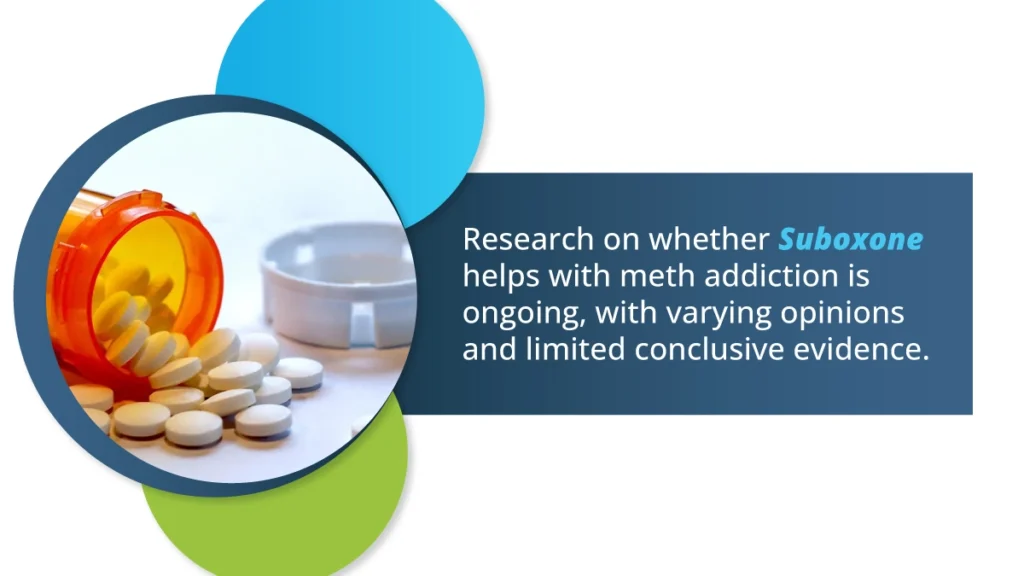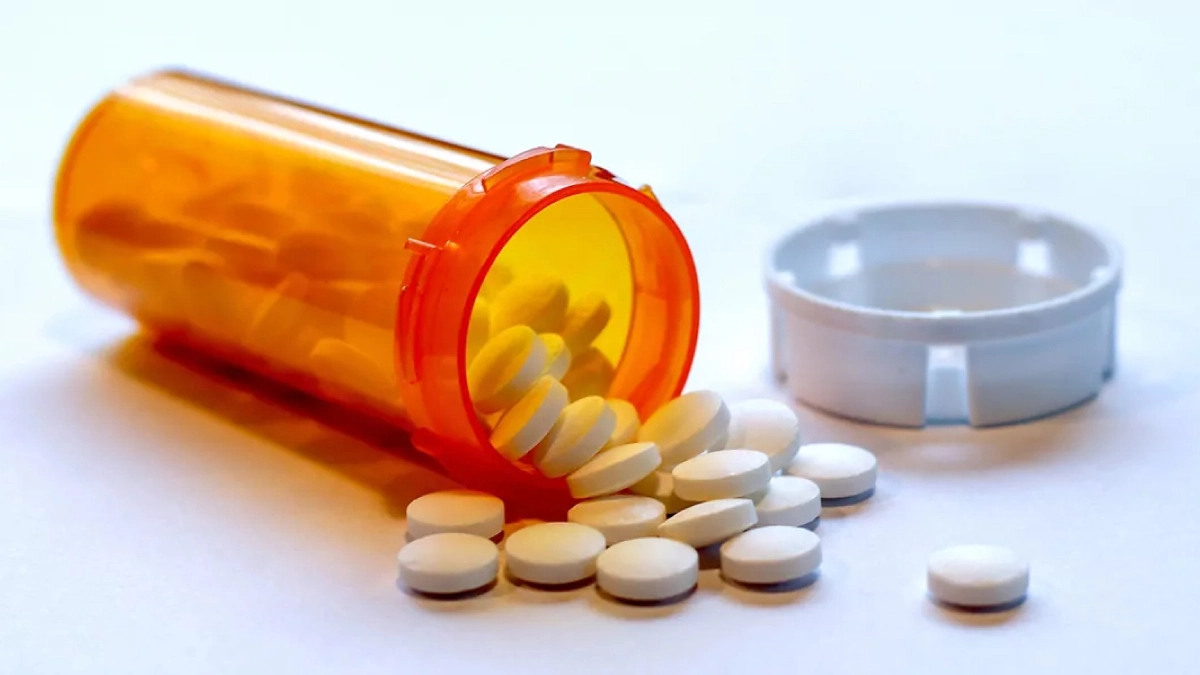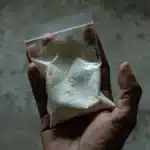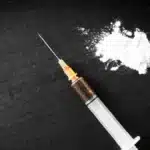Suboxone, a medication commonly prescribed for opioid addiction, has gathered interest for its potential in treating methamphetamine addiction. While primarily designed for opioids, its ability to ease cravings and withdrawal symptoms raises questions about its efficacy in addressing meth addiction.
However, thorough research is necessary to determine its effectiveness in this regard. Continue reading as we delve into the existing studies and insights to determine whether Suboxone truly aids in managing meth addiction.
Key Takeaways
Meth addiction is characterized by compulsive drug-seeking behavior and methamphetamine dependence. Here is what you need to know:
- Suboxone is occasionally used to treat meth addiction, but its efficacy remains uncertain and controversial.
- Suboxone may offer relief from meth withdrawal symptoms, but its use carries potential risks requiring careful consideration.
- Various alternative treatment options exist for meth addiction, offering diverse approaches tailored to individual needs.
The Haven Detox-Little Rock offers various services that are effective in treating meth addiction. Call us at (501) 271-3342 to learn more about our treatment services.

Understanding Meth Addiction
Meth addiction is hazardous, affecting many people. Meth, short for methamphetamine, is a powerful drug that stimulates the brain. Users often feel intense euphoria and energy. However, these effects are short-lived and lead to dangerous health issues.
People struggling with meth addiction can experience severe physical and mental health problems. These include weight loss, dental issues, and extreme anxiety. The drug also damages the brain, making it hard to think clearly. Long-term use can cause memory loss and violent drug-seeking behavior.
Breaking free from meth addiction is very challenging. Meth withdrawal symptoms like depression and fatigue make quitting hard. Professional treatment is essential for recovery. Emotional support from family members and friends also plays a critical role in helping people overcome drug addiction.
Sign Of Meth Addiction
Methamphetamine addiction is a serious and complex concern that can have profound effects on individuals’ physical, mental, and social well-being. Recognizing the signs and symptoms of meth addiction is critical for early intervention and support. Here are some common signs:
- Physical Signs: Meth addiction shows in weight loss, skin sores, dilated pupils, dental problems, and poor hygiene.
- Behavioral Signs: Meth addicts often act erratically, swing in moods, withdraw socially, and lose interest in usual activities.
- Psychological Signs: Hallucinations, paranoia, anxiety, depression, and poor judgment are common in meth addiction.
- Social Signs: Making new friends, facing money issues, dealing with the law, and straining relationships are signs of meth addiction’s social impact.
- Physical Effects: Heart rate rises, body temperature goes up, breathing becomes difficult, seizures can happen, and heart problems arise due to meth use.
By understanding these signs, individuals, families, and communities can take proactive measures to treat the challenges posed by this substance use disorder.
What Is Suboxone
Suboxone is a medication used to treat opioid addiction. It contains two main components: buprenorphine and naloxone. Buprenorphine helps reduce cravings and withdrawal symptoms, while naloxone prevents misuse. Together, they help people recover from addiction and lead healthier lives.
How Suboxone Works In The Body
Suboxone works by binding to the same receptors in the brain as opioids. Buprenorphine partially activates these opioid receptors, reducing intense drug cravings and withdrawal symptoms. Naloxone blocks the long-lasting effects of opioid drugs if the medication is misused. This combination helps stabilize brain function and supports recovery.
The Use Of Suboxone For Opioid Addiction Treatment
Doctors prescribe Suboxone as part of a comprehensive treatment plan for opioid use disorder. It is often used alongside counseling and support groups. Suboxone helps manage withdrawal symptoms and cravings, making it easier for individuals to concentrate on recovery. This approach raises the chances of successful long-term sobriety.
The Connection Between Suboxone And Meth Addiction
Suboxone is usually used to treat opioid addiction, but its role in severe methamphetamine use disorder is different. While Suboxone helps reduce cravings for opioids, it doesn’t directly address meth addiction. However, it can be part of a comprehensive and effective treatment plan.
Doctors sometimes prescribe Suboxone to stabilize patients using both opioids and meth. This approach helps manage opioid dependence, allowing patients to focus on other aspects of their recovery. Combining Suboxone with behavioral therapy and support groups can improve overall treatment outcomes.
Using Suboxone for meth use disorder is an emerging practice. Research is ongoing to comprehend its effectiveness fully. Patients must work carefully with their healthcare providers to find the best treatment plan, which may include Suboxone as part of a broader strategy.
Benefits Of Using Suboxone For Meth Addiction
Using Suboxone can help people struggling with meth addiction. Suboxone treatment can lessen cravings and withdrawal symptoms. This medication may prevent relapse by controlling the release of dopamine. With proper precautions, Suboxone offers an effective way to manage meth addiction, improving overall recovery outcomes.
Suboxone offers several potential benefits for meth addiction treatment. It can be used in different ways to suit individual needs. Higher doses can be effective in more severe cases. Recent years have seen increased use of Suboxone in the United States as part of addiction treatment options.
Research And Case Studies
Research and case studies highlight Suboxone’s effectiveness for meth addiction. One controlled clinical trial showed positive results within a week. Other studies found that higher doses could significantly help. In addition, case studies in the United States support Suboxone as a promising treatment option for those struggling with crystal meth addiction.
Risks Of Using Suboxone For Meth Addiction
Using Suboxone for meth addiction presents challenges. Meth is a stimulant, while Suboxone is typically used for opioids. Combining these can cause unpredictable interactions. The risk of complications increases, including changes in heart rate. These challenges highlight the need for careful medical supervision.
Side Effects And Contraindications
Suboxone can cause numerous side effects, such as nausea and headaches. It can also affect heart rate, making it risky for some patients. Contraindications include allergic reactions and interactions with other medicines. Monitoring is essential to avoid overdose and other complications.
Controversies And Criticisms
Using Suboxone for meth addiction faces criticism. Some believe it isn’t adequate for stimulants like meth. Others worry about the frequency of drug complications. Critics argue that alternative treatments should be explored. These controversies highlight the need for more research and discussion.
Alternative Treatments For Meth Addiction
Meth addiction is a severe issue requiring effective treatment methods. Beyond Suboxone, there are various alternative treatments available. These include behavioral therapies, medication-assisted treatment (MAT), and holistic approaches. Each practice, often involving professional help, aims to support recovery and improve the chances of long-term sobriety.
Behavioral Therapies
Behavioral therapies play a vital role in meth addiction treatment programs. Cognitive behavioral therapy (CBT) helps patients change harmful behaviors and thoughts. Group therapy provides support and shared experiences among peers. These methods, guided by professional help, build coping skills and flexibility, which are essential for long-term recovery.
Other Medication-Assisted Treatments
Other medication-assisted treatments (MAT) include a combination of naltrexone and behavioral therapies. Though the FDA has approved fewer medications for meth addiction, these treatments can be effective. Professional help ensures the proper use of medicines. The U.S. Food and Drug Administration (FDA) supports ongoing research to find more MAT options.
Holistic Approaches
Holistic approaches heal the whole person, addressing both mind and body for comprehensive wellness. Techniques like yoga, meditation, and nutrition counseling complement traditional treatments. These methods aim to lessen stress and improve overall well-being. Integrating holistic practices into a treatment program can enhance recovery outcomes and provide a balanced, healthy lifestyle.
Access And Availability Of Suboxone
To get Suboxone, you need a prescription from a doctor. Not all doctors can prescribe it; they must have special training and certification. You can find certified doctors through online directories or local clinics. It’s essential to look up a healthcare provider to discuss if Suboxone is right for you.
The cost of Suboxone varies, depending on dosage and location. With insurance, a monthly supply can be affordable, sometimes costing several hundred dollars. However, generic versions are available and are usually cheaper. Pharmacies may also offer discount programs to help lower costs.
Insurance coverage for Suboxone can significantly reduce expenses. Many health insurance plans, including Medicaid and Medicare, cover Suboxone treatment. It’s essential to check with your insurance provider to understand your coverage and any potential out-of-pocket costs.
Frequently Asked Questions (FAQ)
What is the role of Suboxone in treating meth addiction?
Suboxone helps treat meth addiction by reducing withdrawal symptoms and cravings. It contains buprenorphine and naloxone, which work together. Buprenorphine eases withdrawal symptoms by acting like meth but with less intensity. Naloxone prevents misuse by blocking the effects if injected.
Suboxone helps people focus on recovery by lessening cravings, making it easier to quit meth. It’s taken as a dissolvable tablet under the tongue. Treatment with Suboxone is usually part of a comprehensive plan that includes counseling and support. Overall, Suboxone plays a vital role in managing meth addiction by addressing withdrawal and cravings, aiding in recovery.
Can Suboxone help with quitting meth?
Suboxone can aid in quitting meth. It contains buprenorphine and naloxone, which reduce withdrawal symptoms and cravings. Buprenorphine attaches to the same receptors in the brain that meth does, easing withdrawal without producing the same high. Naloxone prevents misuse by blocking the effects if Suboxone is administered via injection.
Together, they help manage withdrawal symptoms like anxiety, depression, and cravings, making it easier to focus on recovery. However, Suboxone should only be used under medical supervision and as part of a comprehensive treatment plan, including counseling and support groups, to increase its effectiveness in overcoming meth addiction.
Can you take suboxone and do meth?
Combining Suboxone, a medication for opioid addiction, with methamphetamine, a stimulant, can be dangerous. Suboxone contains buprenorphine, which reduces opioid cravings and withdrawal symptoms. Methamphetamine, on the other hand, is a powerful stimulant that affects the central nervous system.
Mixing these drugs can lead to unpredictable effects, including increased heart rate, high blood pressure, and potential overdose. Additionally, using methamphetamine can trigger cravings for opioids, undermining the treatment process. It’s crucial to follow medical advice strictly and avoid mixing Suboxone with methamphetamine to ensure safety and successful recovery from opioid addiction.
Reclaim Your Life At The Haven Detox-Little Rock
Ready to break free from the chains of meth addiction and reclaim your life? Dive into a world of possibilities with The Haven Detox-Little Rock.
Our facility offers a medically supervised detox program to remove harmful toxins from your body. Our residential rehab is designed to provide evidence-based treatment and 24-hour support from addiction professionals.
Through a combination of therapy, medication-assisted treatment, and peer support, individuals struggling with meth addiction can learn to manage their condition. We also provide access to NAD IV therapy treatments that replenish your body’s essential nutrients for a smoother recovery.Your transformation starts here. Call (501) 271-3342 to discover how we can support you or your loved one on your recovery journey.




